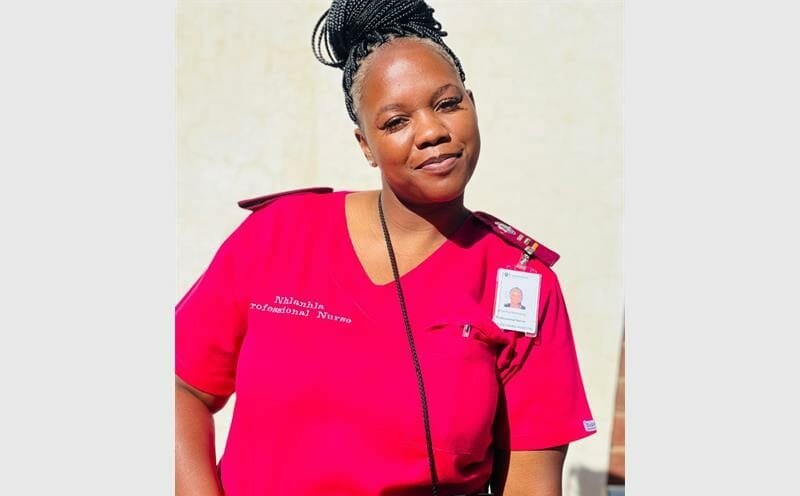
Chickenpox is an infection common to children that causes an itchy red rash all over the body. Parents should know and understand that it is a contagious viral sickness, so the best prevention is vaccination.
Chickenpox, also called varicella, is a common childhood illness. While often mild, especially in young kids, it can cause serious problems, especially for adults, newborns, and people with weak immune systems.
“Everyone in the community must understand how chickenpox spreads, what it looks like and how to prevent it. The varicella-zoster virus causes it, and it spreads easily from one person to another.”
You can catch it by:• breathing in the air when someone with chickenpox coughs or sneezes;• touching the fluid from the blisters of someone infected;• using items like clothes, towels, or toys with the virus on them.
“It usually takes one to three weeks for symptoms to appear after someone is exposed to the virus. These include fever and tiredness, a red, itchy skin rash that turns into small blisters, headaches or a general feeling of unwellness,” said professional nurse Nhlanhla Mofokeng.
Mofokeng said the blisters eventually dry out and form scabs. This healing stage usually takes about a week.
Is chickenpox dangerous?For most healthy children, chickenpox is uncomfortable but not dangerous. However, it can lead to serious problems, like:
• skin infections;• dehydration;• lung infections (pneumonia);• Encephalitis – swelling of the brain (rare but serious);• It can affect the unborn baby in pregnant women.
She said chickenpox is clinically diagnosed and typically requires no medical treatment; the disease has to run its course.She added that calamine lotion can be applied to the skin to ease itching.
“People with a severe infection might be treated with an antiviral medication. Vaccination against varicella is not part of the Expanded Programme of Immunisation in South Africa but is indicated for children and adults in high-risk categories.
“The ideal age of vaccination is between 12 and 15 months. Individuals vaccinated against chickenpox can still get the disease, though they usually suffer milder symptoms,” explained Mofokeng.
Other ways to prevent the spread of chickenpox include:• keeping sick children at home until the blisters have dried up;• frequently washing hands with soap and water;• avoiding close contact with anyone who has chickenpox.
What to do if someone has chickenpox?If someone in your home gets chickenpox:
• Keep them at home and away from others;• Help them avoid scratching the rash to prevent infection (trim fingernails and use soothing creams like calamine lotion);• Use cool or oatmeal baths to relieve itching;• Give plenty of fluids and rest;• You can give paracetamol for fever but never give aspirin to children with chickenpox. It can be dangerous.
Mofokeng highlighted that chickenpox may seem like a childhood rite of passage, but it is still a serious illness that can affect anyone.
“We can protect ourselves and our communities with proper care, good hygiene and the vaccine. Let’s keep each other safe and informed,” she added.
At Caxton, we employ humans to generate daily fresh news, not AI intervention. Happy reading!
Stay in the know. Download the Caxton Local News Network App here.